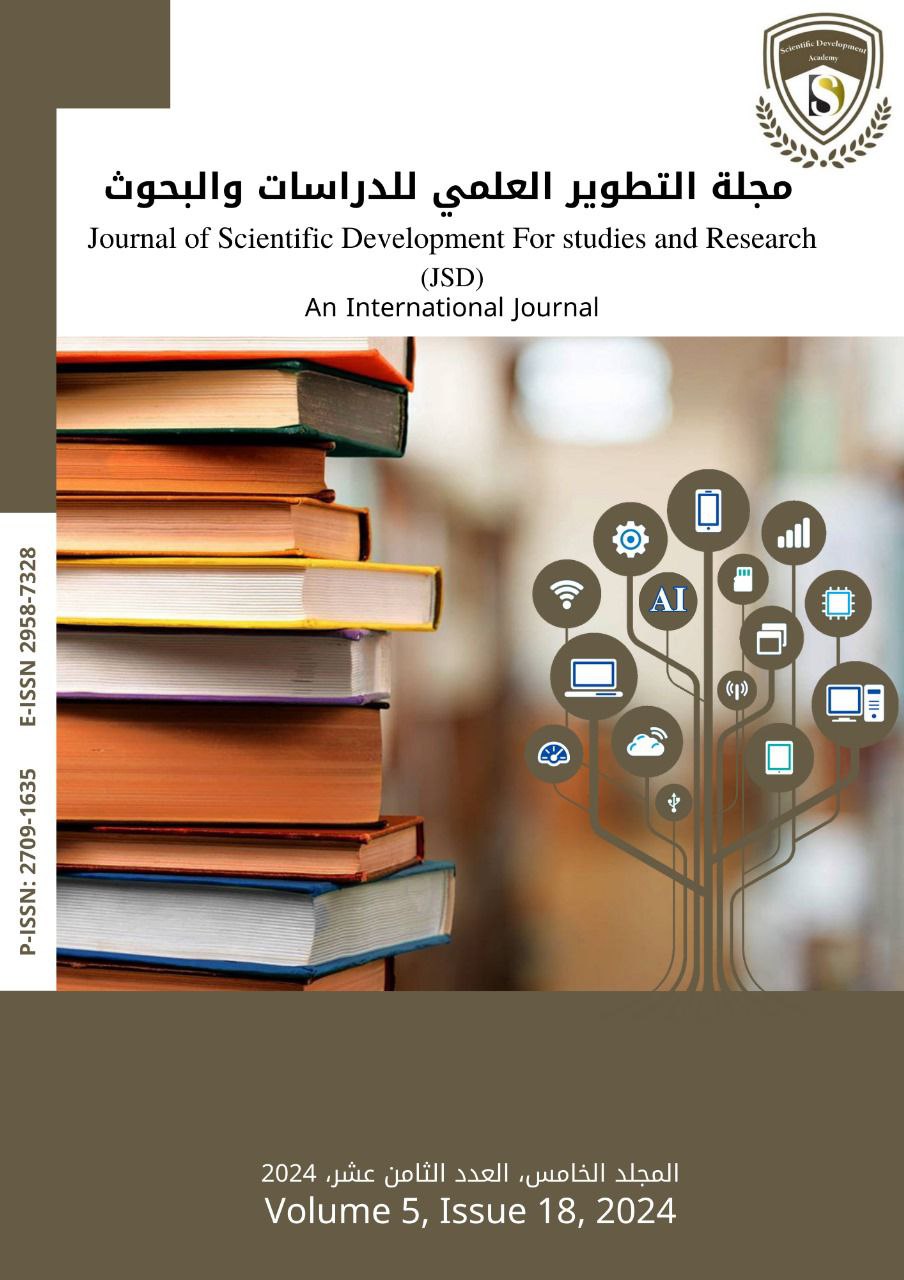The impact of Electronic Learning in teaching Holy Quran Science in view of Digital transformation
DOI:
https://doi.org/10.61212/jsd/211Keywords:
E-learning, transformation, teaching methods, Qur’an sciencesAbstract
It aimed to identify the impact of e-learning in transferring cognitive quantitative knowledge, as well as to identify the extent of the effectiveness of electronic Qur’anic applications in developing the student’s creative abilities to be influential in professional life, as well as to identify the extent of the flexibility of Qur’anic courses in interacting with digital editing, and to reveal the challenges that hinder the course of Digital transformation in teaching Qur’anic sciences. The descriptive experimental lesson was used to present the topic and invent the necessary laboratories.
Among the results of the study: E-learning has a significant impact on learning some subjects and a weakness in others. E-learning also begins to transfer knowledge, but it is disabled to develop skills, but always measure the educational impact impartially,
As a suggestion: digital Learning must be at the forefront of drawing innovation in education, designing artificial intelligence applications to keep pace with technological development, but industry must innovate, spreading the culture of digital education among faculty members, dealing with artificial intelligence applications, and employing them in investment, tourism
Downloads
Published
Issue
Section
License
Copyright (c) 2024 Journal of Scientific Development for Studies and Research (JSD)

This work is licensed under a Creative Commons Attribution 4.0 International License.



























